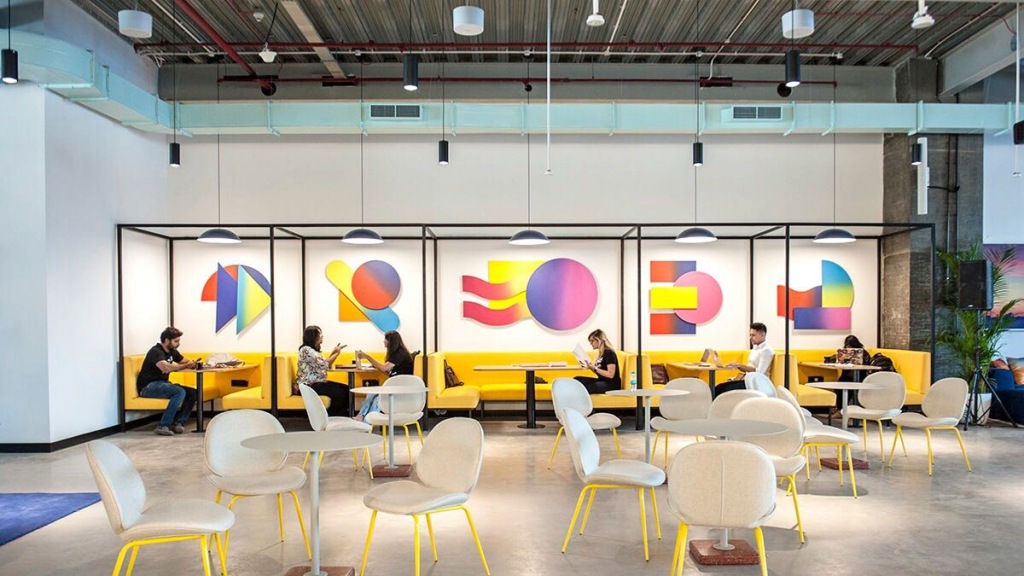The need for co-working spaces is rising in tier-2 and tier-3 cities as companies strive to offer flexible work arrangements to reduce costs, stay close to their employees, and retain valuable staff. Also, considering the growing opportunities in many of these cities including several infra projects in the pipeline, a host of large corporations see this as an opportune time to expand base there. For instance, Incuspaze, which manages 2.5 million sq ft across 14+ cities, is expanding to smaller locations and has developed facilities including in Indore, Ahmedabad, Vadodara, Kochi, and Dehradun and is aiming to be in 30 cities by 2025. Awfis, which started expanding its network into tier-2 cities in FY18, has a presence in seven cities including Indore, Nagpur, Bhubaneshwar, and Jaipur. These brands are focusing on providing premium offerings in fully customised offices that can also accommodate international clients. Expectedly, the share of flexible spaces in occupiers’ overall portfolios increased from 5-8% in 2019 to 10-12% in 2023, with a significant portion occupied by technology firms, says Amit Ramani, founder & CEO, Awfis. “The pandemic’s impact has brought flex spaces to the forefront, and a hybrid working model has aided occupiers in cost optimisation and providing employee flexibility. Also, many tier-2 cities have limited options for modern commercial spaces, often relying on older or renovated buildings. The emergence of co-working spaces in these cities has been a game-changer,” he adds.
There is a pressing need for more compliant spaces to meet the escalating demand in tier 2 cities and beyond. “Going forward, management contracts or revenue share models might be something landlords want to look at more keenly as it allows for greater sharing and reduced risk. This would enable long-lasting partnerships between co-working spaces and landlords giving much-needed stability to the sector,” shares Robin Chhabra, founder and CEO, Dextrus.
Now look at how these players are customising solutions. WeWork is offering a diverse range of products suited for solopreneurs, small teams or even large enterprises. Its virtual office offering supports early-stage businesses by providing a premium address without the burden of physical space. WeWork has also doubled down on tech enablement and has recently invested in Zoapi, a Bengaluru-based conferencing and collaboration platform. It is also partnering with brands such as Plum, The Butternut Co, and Bombay Sweet Shop among others, to curate offers for its members and employees, says Debosmita Majumder, CMO, WeWork India. Present in 53 locations across seven cities, in FY24 it is targeting a revenue of Rs 1,800 crore.
That said, co-working can also expose an organisation to risks. For companies dealing with high volumes of confidential data, sharing space with external organisations can be challenging, says Utkarsh Kawatra, senior director & co-founder, myHQ (Anarock Group).

